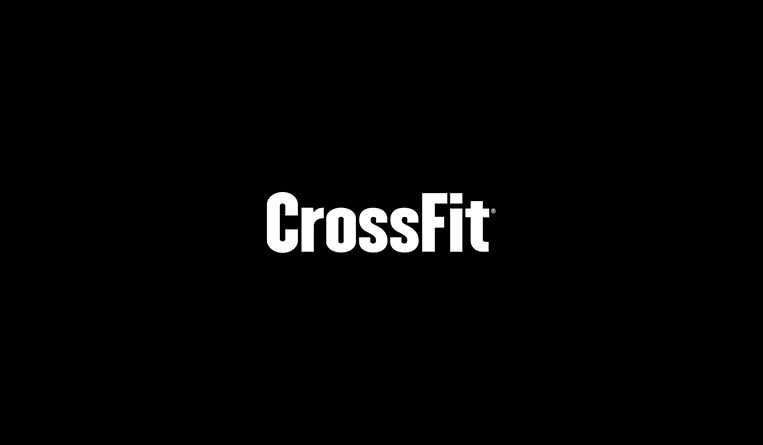IPOS denies American fitness brand’s trademark invalidation bid against Sweden-based firm
07 June 2024

Photo: Facebook@CrossFit
U.S.-based fitness company CrossFit (Applicant) lost its bid to invalidate Sweden-based firm Play Distribution’s (Proprietor) trademark CrossFeet registered in Singapore under Class 25 on June 10, 2019 (Relevant Date).
According to the Applicant, there was a confusing similarity between its mark, CrossFit, and the subject mark, CrossFeet. The Applicant likewise added that its mark is well-known in Singapore.
CrossFit specializes in fitness content, education and fitness training services. Its very first gym opened in 2001 in Santa Cruz, California. Since then, numerous gyms around the U.S. and the world have become licensed CrossFit affiliates. As of 2022, the brand boasted over 5,000 affiliate gyms in the U.S. and more than 11,000 overseas.
Meanwhile, Play Distribution was incorporated in Singapore on March 8, 2017, but its operations are mainly based in Sweden. The Proprietor offers a product line that includes training socks designed for fitness workouts and apparel sold worldwide. It has also served as an official sponsor for numerous CrossFit events organized by the Applicant’s affiliates or licensees.
According to the legal decision published by the Intellectual Property Office of Singapore (IPOS) on May 30, 2024, the conceptual differences between CrossFit and CrossFeet would counteract their visual and aural similarities.
“I am of the view that the marks are conceptually different. The ideas that lie behind marks must manifest in the look and feel of the marks themselves, and I should not consider matters which are extraneous to the marks, such as the parties’ websites or social media accounts. On its own, the subject mark does not convey the idea of functional fitness (which the Applicant contends is the idea behind the Applicant’s Mark), but rather the idea of feet being in a crossed position,” said IPOS Principal Assistant Registrar Tan Mei Lin in the decision.
“When observed in their totality, the conceptual differences between the marks will counteract their visual and aural similarities. As such, while the marks are more similar than dissimilar, the degree of similarity is average,” she added.
Lin also concluded there was no likelihood of confusion between the Applicant’s mark and the subject mark.
“I do not see how consumers would misremember or inaccurately recall the marks as each other. The marks concerned here evoke clear and specific concepts which can be grasped immediately by consumers. ‘Cross,’ ‘Fit’ and ‘Feet’ are not difficult or invented words. Consequently, I do not consider that the average consumer would overlook the ‘ee’ or ’I’ in the middle of the suffixes of the marks, especially as the effect is to provide a significant and distinct conceptual hook to assist in differentiating between the marks. I do not consider there to be a likelihood of direct confusion,” explained Lin.
Furthermore, the evidence presented by the Applicant was deemed not enough to prove that CrossFit was a well-known mark in Singapore as of the Relevant Date.
“Although the Applicant’s evidence is clear that it had, by 2022, 11 CrossFit affiliates across 12 gyms in Singapore, it is totally silent as to the number of gyms it had in Singapore as of the Relevant Date. Further, the Applicant did not disclose the date the Applicant’s mark was first used in Singapore and the length of operation of each of the gyms in Singapore. No evidence was also given of the membership numbers in each gym, the activities undertaken to promote the Applicant’s mark in Singapore or the Applicant’s market share in Singapore,” said Lin.
Play Distribution was awarded the sum of S$8,045 (US$6,000) inclusive of disbursements.
- Espie Angelica A. de Leon






